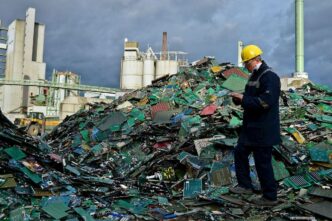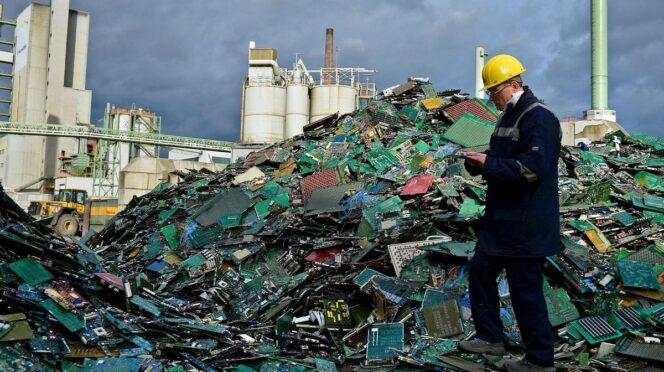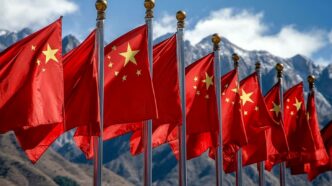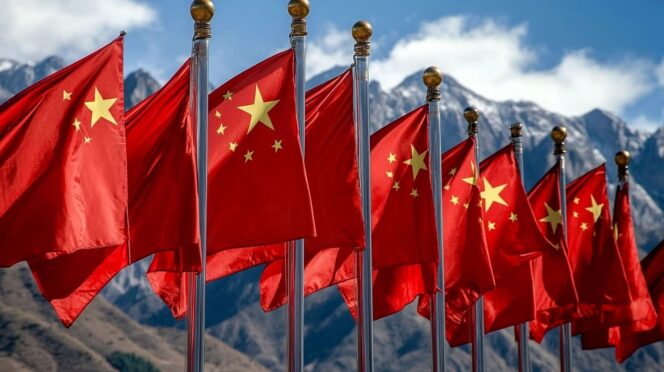China has tightened its control over the export of rare earths with new regulations aimed at ensuring traceability from mining to processing of these valuable elements. The Chinese government announced that all resources of rare earths belong to the state and no individual or organization has a claim to them. Prime Minister Li Qiang signed a decree over the weekend, requiring exporting companies to implement a comprehensive traceability system to track the elements from the mining site to the end consumer.
China is the world’s largest producer of rare earths, controlling about 70 percent of global extraction and processing. The demand for rare earths has been driven by the rapid expansion of electric mobility, with elements like neodymium and dysprosium being essential for this industry. These elements are known for their excellent magnetic properties, making them crucial for various technological applications.
Critics see China’s new regulations as a way to further strengthen its market power and gain geopolitical advantages. The rules target exporting companies, requiring them to submit detailed reports on the quantities and goals of their exports. This move could have significant implications on global markets, as many countries and companies heavily rely on Chinese exports for rare earths.
The impact of these regulations has prompted other countries, including the European Union and the USA, to seek alternative sources of rare earths to reduce their dependency on China. Recycling of rare earths is also gaining importance as a strategic source of raw materials. The regulations highlight the growing importance of raw materials for the global economy and the need for countries to develop strategies to ensure a stable supply of these essential elements.









